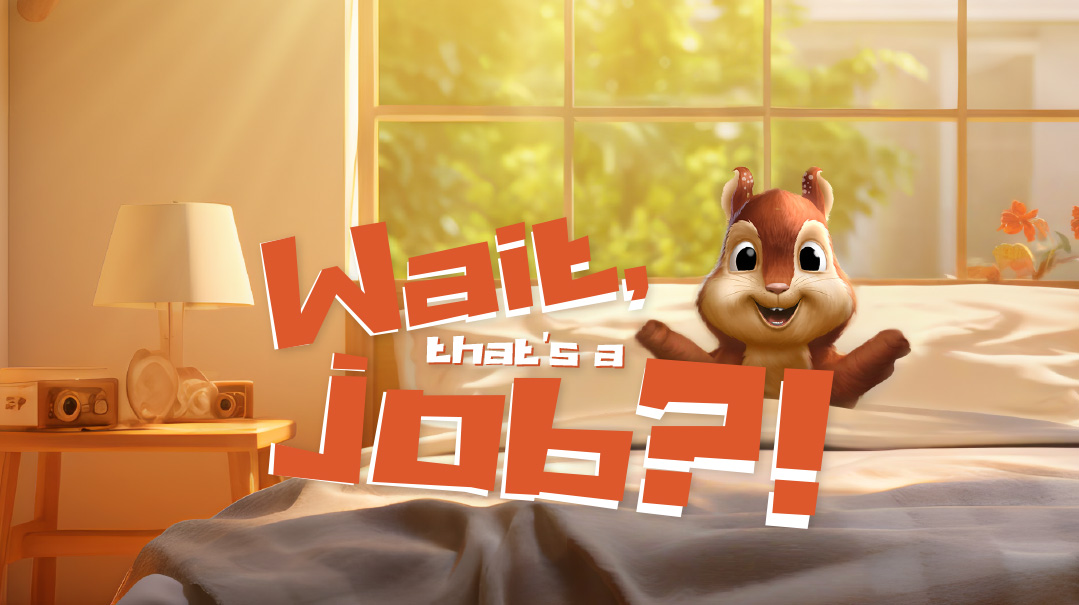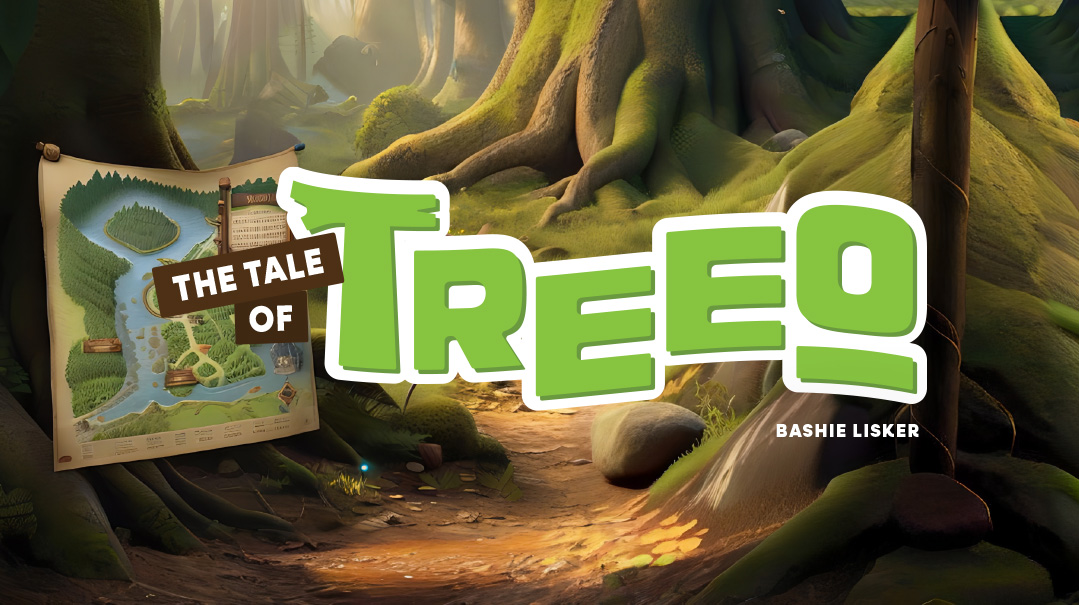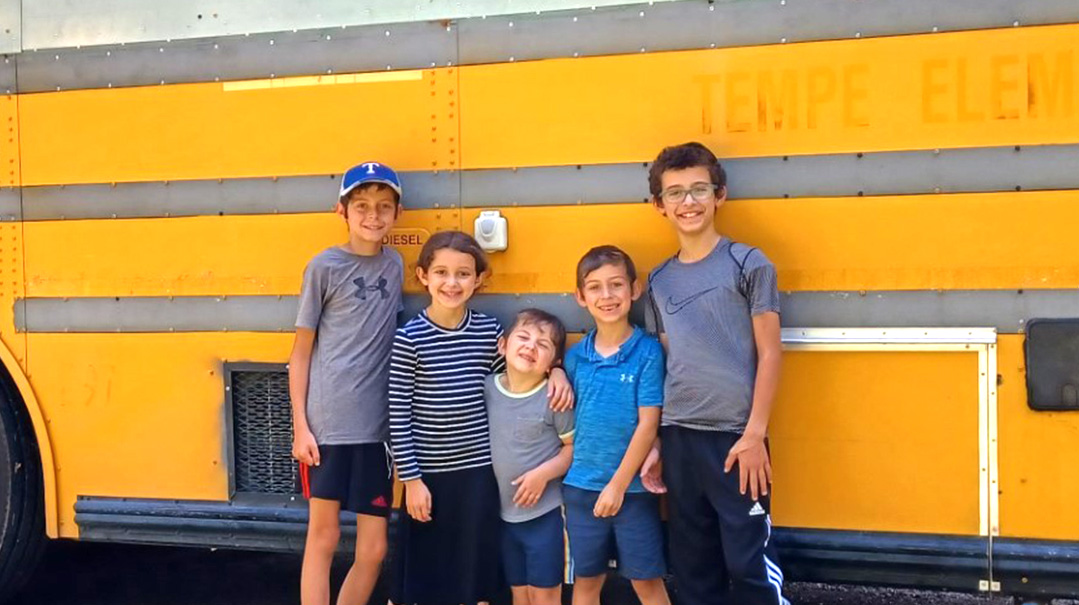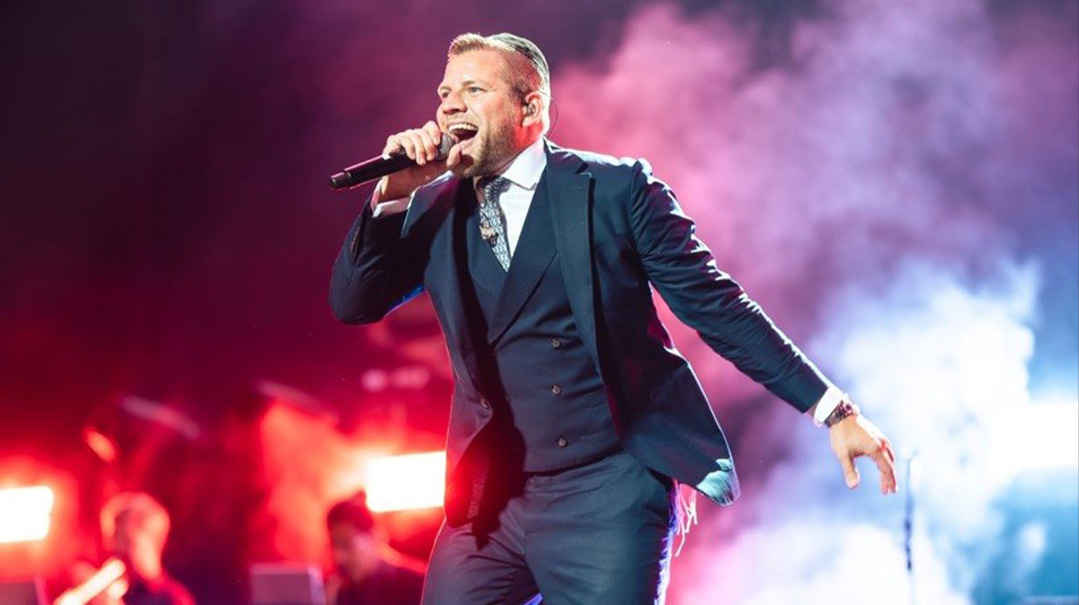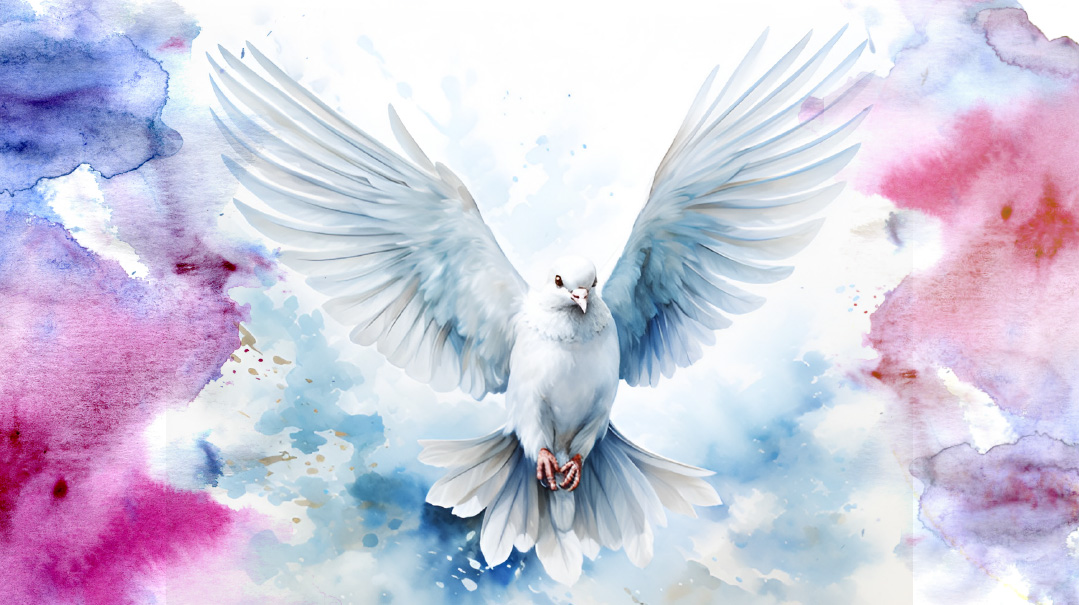Hidden Heroes
| December 1, 2021How Yossi Hecht and Asher to the Yatzar — Praise to the Creator — are changing the world
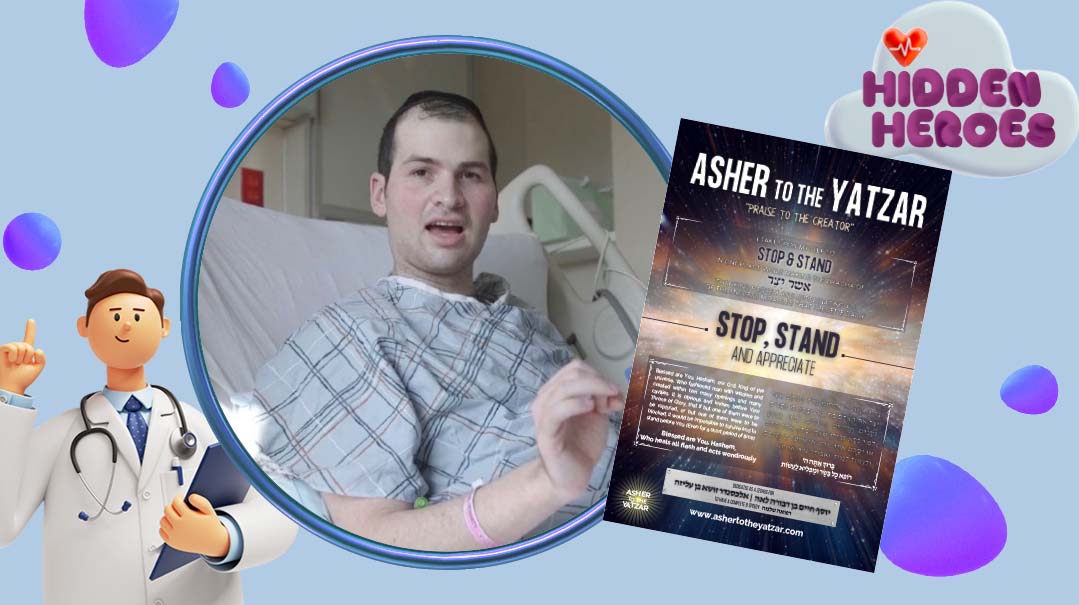
Happy Chanukah! During these eight special days, we focus on lehodos u'lahellel, on thanking and praising Hashem, for the miracles He has shown us — bayamim hahem, in the time of the Greeks, and also, b'zeman hazeh, in our times. Today, we're going to meet Yossi Hecht, the incredible person who has made lehodos u'lahellel a daily practice and brought it into the hearts of Jews everywhere. Read on to find out how Yossi and Asher to the Yatzar — Praise to the Creator — are changing the world.
Have you ever heard the following expression?
You don’t appreciate it until it hurts.
It’s true that many of us often don’t value and appreciate every part of our body that is in top form, working behind-the-scenes, 24/7, to keep us healthy and comfortable.
When do we remember?
When it’s hurt or injured. When something goes wrong.
We think about our teeth when a tooth aches, and about our tongue when we burn it. When was the last time we gave any thought to the many hormones in our bloodstream, or our sugar and insulin levels? Our ears and hearing, our eyes and our vision, our ability to walk, and talk, and sit comfortably, without pain? Our ability to use the bathroom, to eat, to breathe, to grow, and to stop bleeding when we get a small cut?
But there are people who think about these things. There are people who do appreciate the blessings so many of us are unaware of.
Can we become one of them? Can we be the kind of people who remember and appreciate Hashem’s continuous wonders in our bodies… even when nothing hurts?
What’s the trick? How can we do that? It’s like our living room couch. We don’t give it much thought, but if it were to disappear or break, it would bother us. When our thumb moves without pain, we don’t think about it either… is there a way to change that?
Drumroll please, because yes, there is a way! Mishpacha Jr. has teamed up with Asher to the Yatzar and a group of amazing kids to show you how.
Our first step will be meeting Yossi Hecht, the extraordinary bochur who spearheaded the Asher to the Yatzar movement (read on for details). Yossi is the youngest of eight — he has seven older sisters as well as, ka”h, six nephews and two nieces. He is a really good juggler and juggles fire at weddings ! Here’s Yossi’s story, as he told it to me.
Oops! We could not locate your form.
